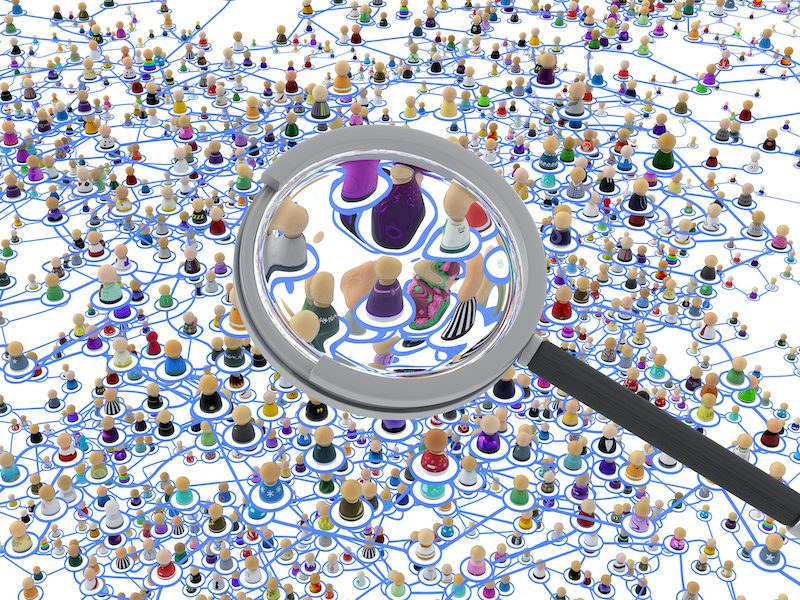
by Kathleen E. Allen
President, Allen and Associates, USA
6 April 2020
Share:
COVID-19 provides many opportunities to assess, learn, and analyze leadership. The coronavirus pandemic is a complex, dynamic issue that brings a myriad of systems into play including public health, economic, social, technical, time, emotional, environmental, and many others. All these systems are interconnected, which in turn creates even more variables as these open systems reshape constraints and possibilities. This never-before-seen dynamic requires us to use a systemic approach and engage in complex decision- making.
Here are three simple systems lenses through which we can more accurately view – and evaluate – the different types of leadership responding to this crisis.
Optimization of the Whole System
When we are dealing with a complex, interdependent, dynamic problem, the only way to build long-term resilience is to focus on strategies that optimize the whole system. For example, when we make decisions with the primary lens of profit, there are other parts of our system, like the environment that are damaged by this focus. In the pandemic, some politicians are creating a false choice i.e. prioritizing the economy over the health of the population. This “either/or” thinking generates decisions that have negative consequences for other parts of the system and weakens the long-term resilience of our whole system.
As an example of both/and thinking, Denmark has created an integrated response that not only supports public health by stopping the spread of the coronavirus; it boosts economic resilience, and increases social capital. Legislators in Denmark have passed a financial support bill that provides 90% of every employee’s salary to their employer for three months. This helps the company retain their talent and gives employees the economic security to pay their bills and buy supplies they need while sheltering in place. Denmark’s response increases trust in the government that the strategy will optimize the health of the whole country now and in the future, as each Dane continues to support the economy with a guaranteed, continued salary.
In the pandemic, some politicians are creating a false choice i.e. prioritizing the economy over the health of the population. This "either/or" thinking generates decisions that have negative consequences for other parts of the system and weakens the long-term resilience of our whole system.
Data-Driven
Systems-based strategy and leadership is strengthened when critical data is generated and understood. Traditionally we’ve generated data that rests in parts of the system, without aggregating it for the whole system. An interdependent system requires data from the whole system to be shared and curated, so that everyone can access important information to drive individual, unique adaptations and innovations. In this way, data helps us not only make better decisions; it improves the effectiveness of the entire system.
South Korea is an example of a country that has used robust data to build their public health strategy around the coronavirus. They tested widely to understand the extent of infection that existed in their country. They used social network data and contact tracing to see how infection would spread in their population. Armed with this data, they have been able to curb the spread of the virus. Without widespread testing and other early metrics, the absence of data in other countries has created weaker public health strategies and a much less effective response.
Reward Cooperation
The last element of an integrated, complex, leadership response is the presence of cooperation. Complex dynamic, interdependent problems require perspective, data, and understanding across a broad network of people and contexts. To access this sharing and problem solving, leaders need to reward cooperation and connections across their system.
In a world where ideology has created enormous barriers to cooperation, decision-making is drastically weakened as choices are made with only some select information. This can cause a decision to work for a part of the system as it hurts other parts of the system due to the lack of an integrated strategy. Over time this diminishes the overall health of the larger system.
Assessing Leadership in a Time of Crisis
If we use a systems lens to evaluate our leaders’ actions as we face this pandemic, we can trace the effectiveness of their strategies and actions over time by asking:
- Are our leaders using a whole system perspective when they speak about and decide on how to respond to the virus?
- Do they make decisions that optimize one part of the challenge over others?
- How robust is the data that is being used in their decision-making?
- What data is being denied, ignored, or intentionally left out of their strategy?
- Does the leader actively encourage cooperation across the system to help solve the problem?
- Are the actions or words of the leader diminishing cooperation and creating a divisive “we/they” relationship with people?
I have found that viewing how our leaders are doing through one or more systems lenses is a powerful evaluation tool. It can also help us begin to see the impact over time of using strategies that optimize the whole, value data, and support and encourage cooperation.
When leaders use these three lenses, not only are the outcomes better for their country, they are better for the whole system long term. This is an extraordinary period in history, when we can evaluate the effectiveness of leadership in real time. In other words, the speed of the virus is also accelerating the impact of every leader’s actions. With increasingly intense feedback loops as this pandemic marches forward, the results of using – or not using – an integrated systems lens are building in the system. Our successes and failures will be seen very soon in the coming weeks and months as this unprecedented crisis continues.

Kathleen E. Allen is the author of Leading from the Roots: Nature Inspired Leadership Lessons for Today’s World and writes a weekly blog on leadership and organizations that describes a new paradigm of leadership based in lessons from nature and living systems at www.kathleenallen.net. She is President of Allen and Associates, a consulting firm that specializes in leadership coaching, innovation, and organizational change in organizations. Kathleen is a long-time member of the ILA and co-convener of the Sustainability Leadership member community.

